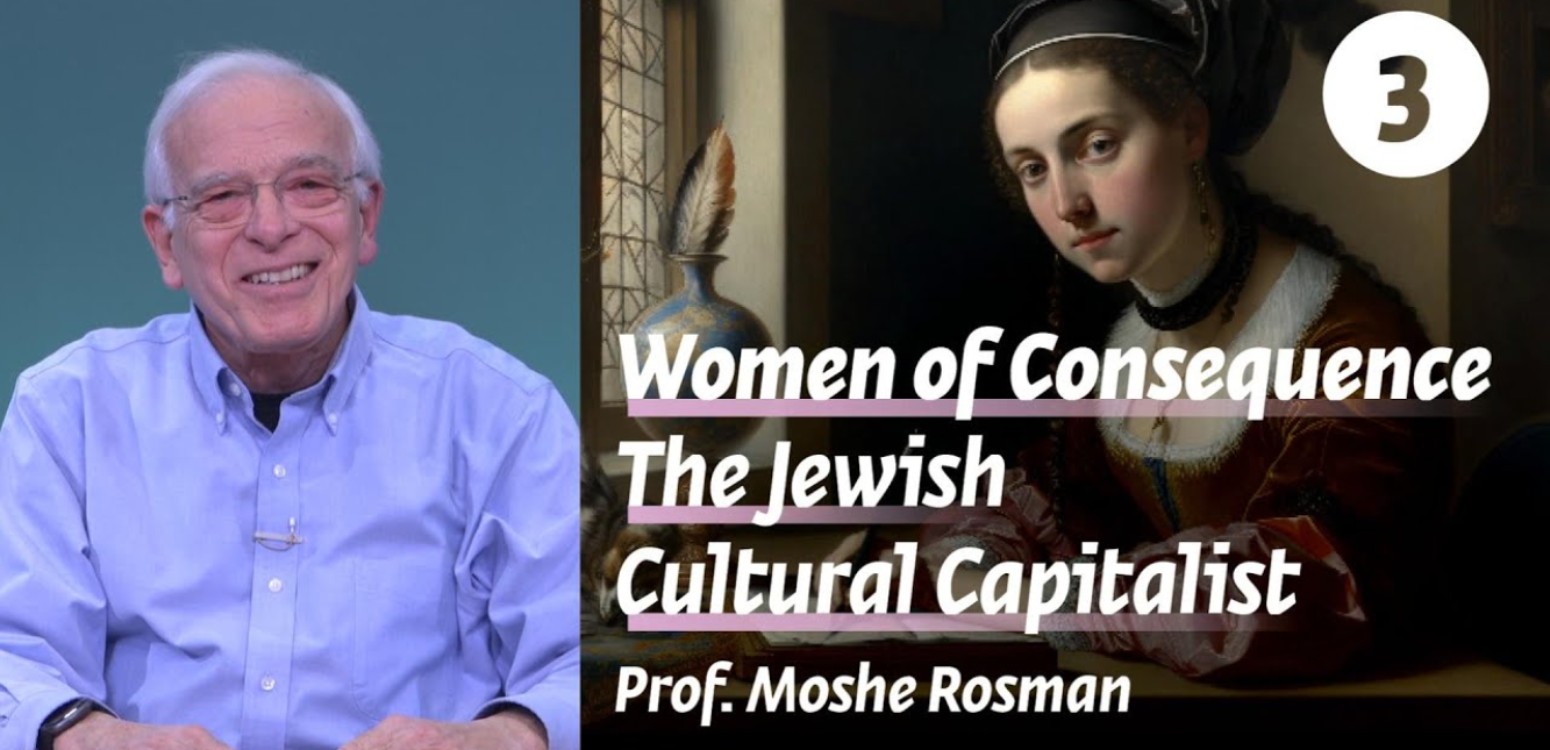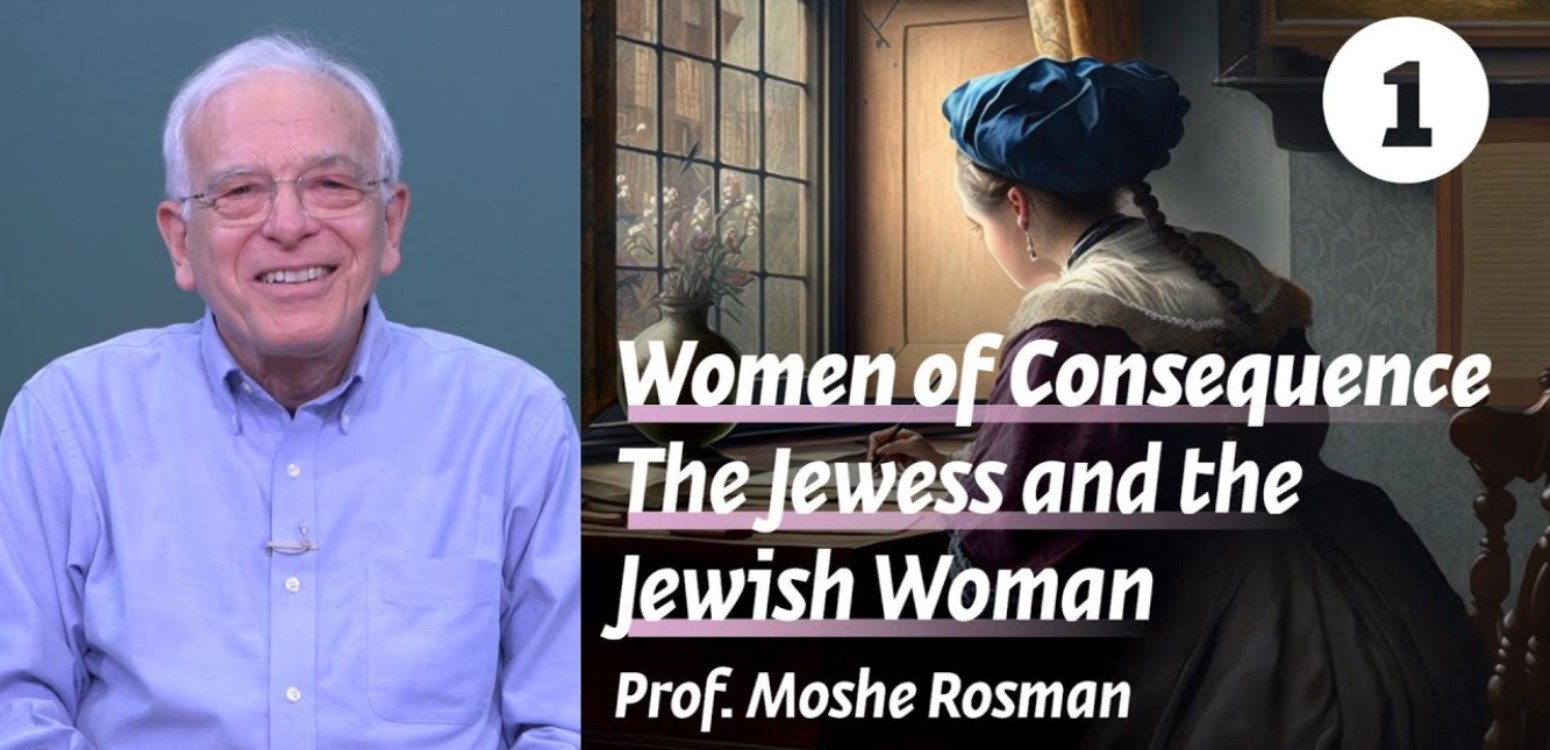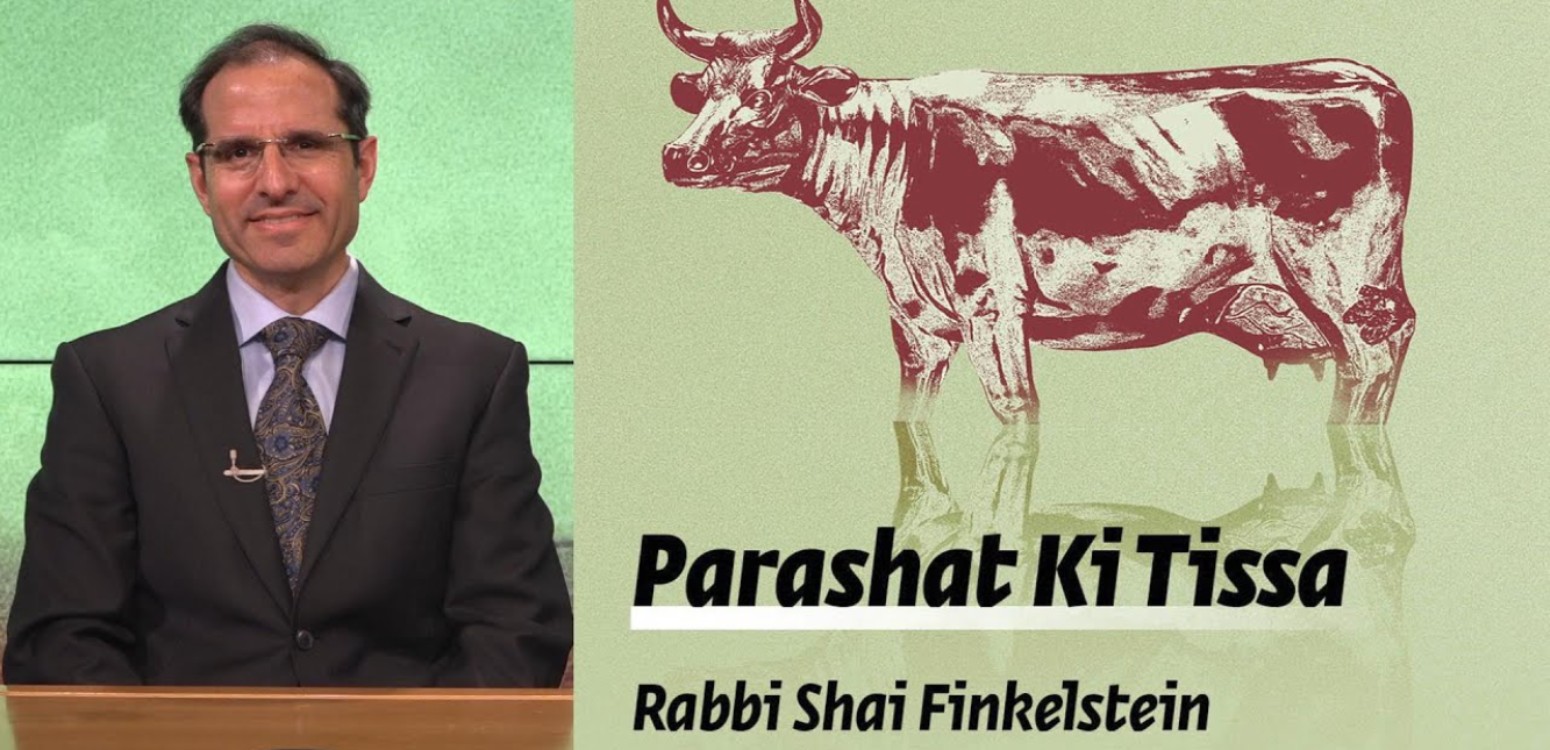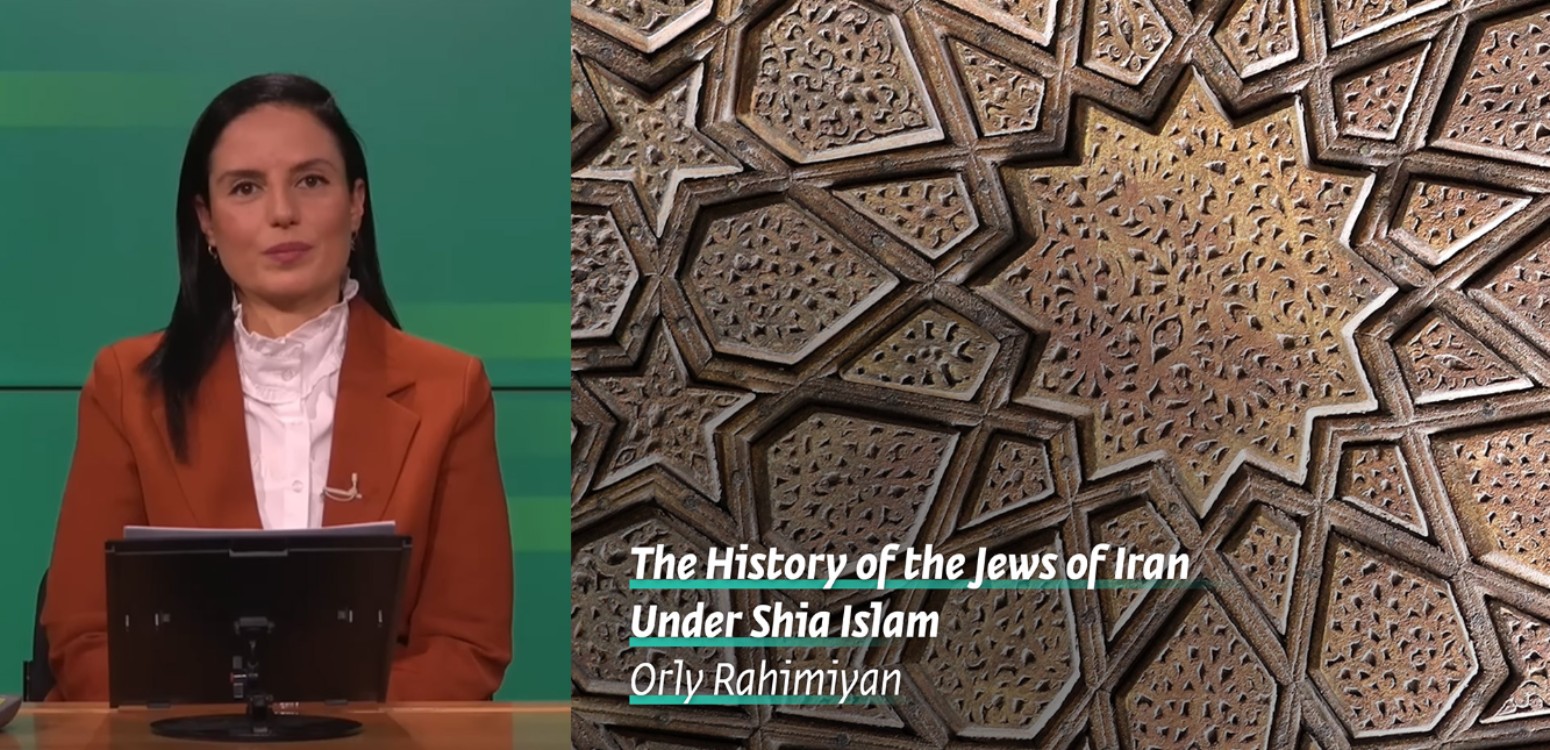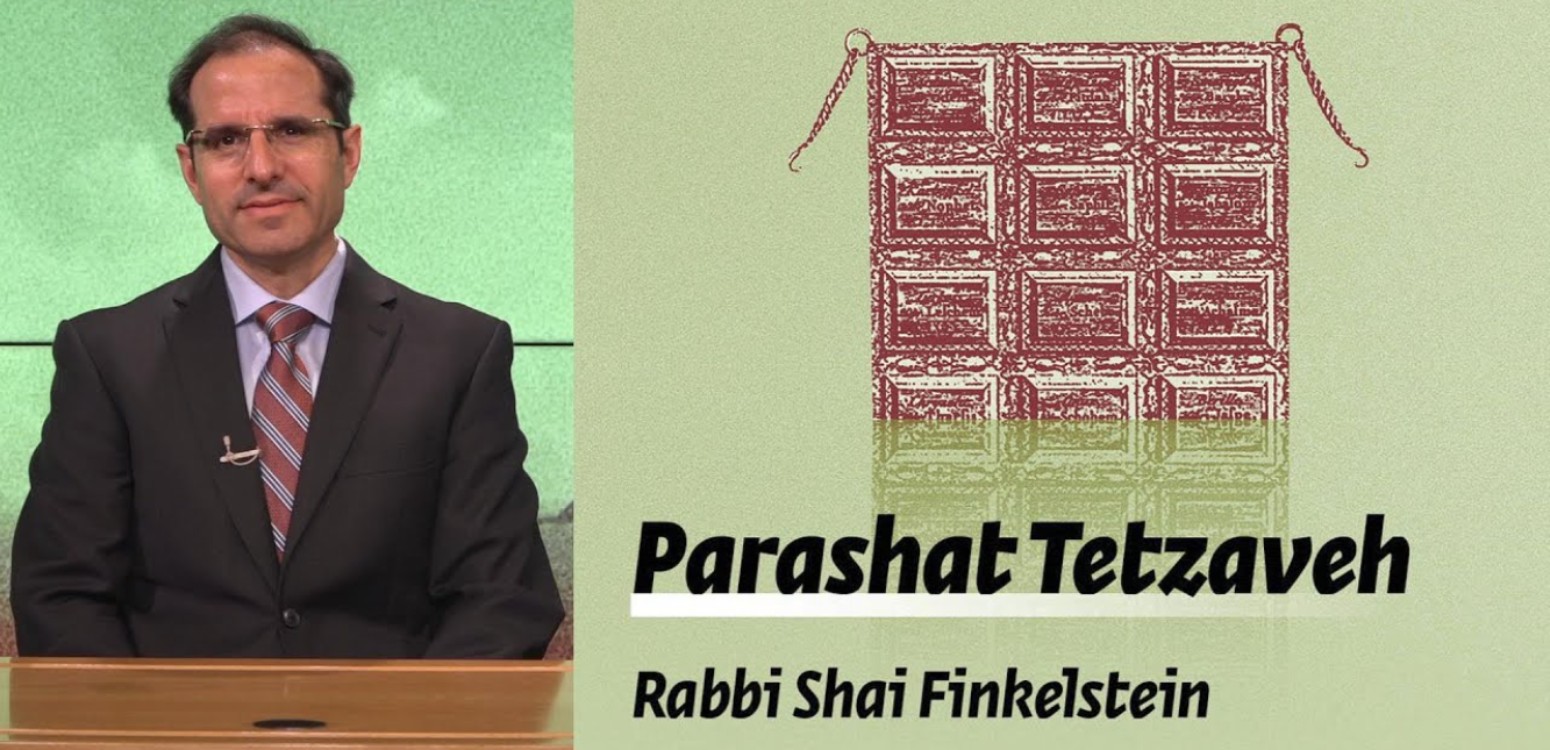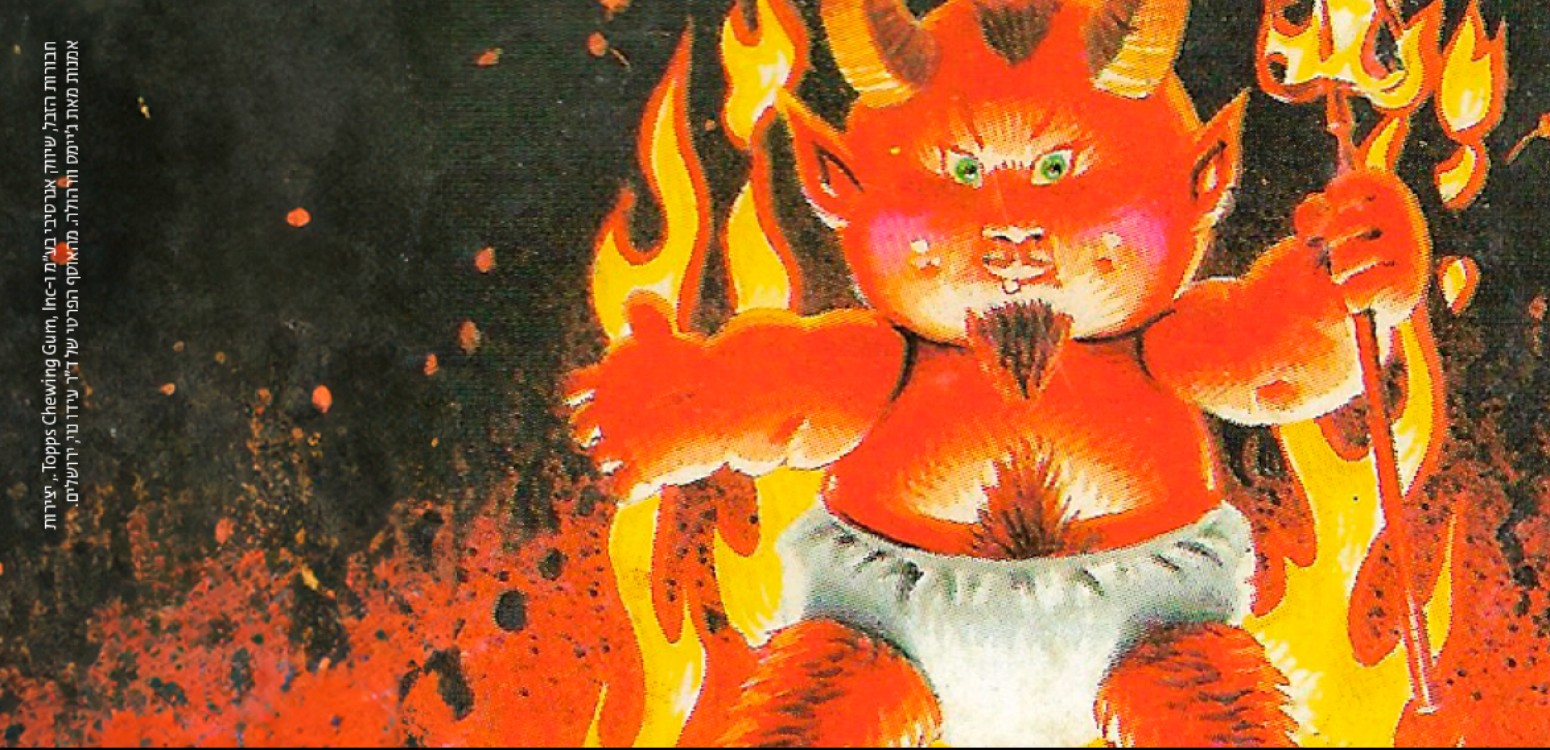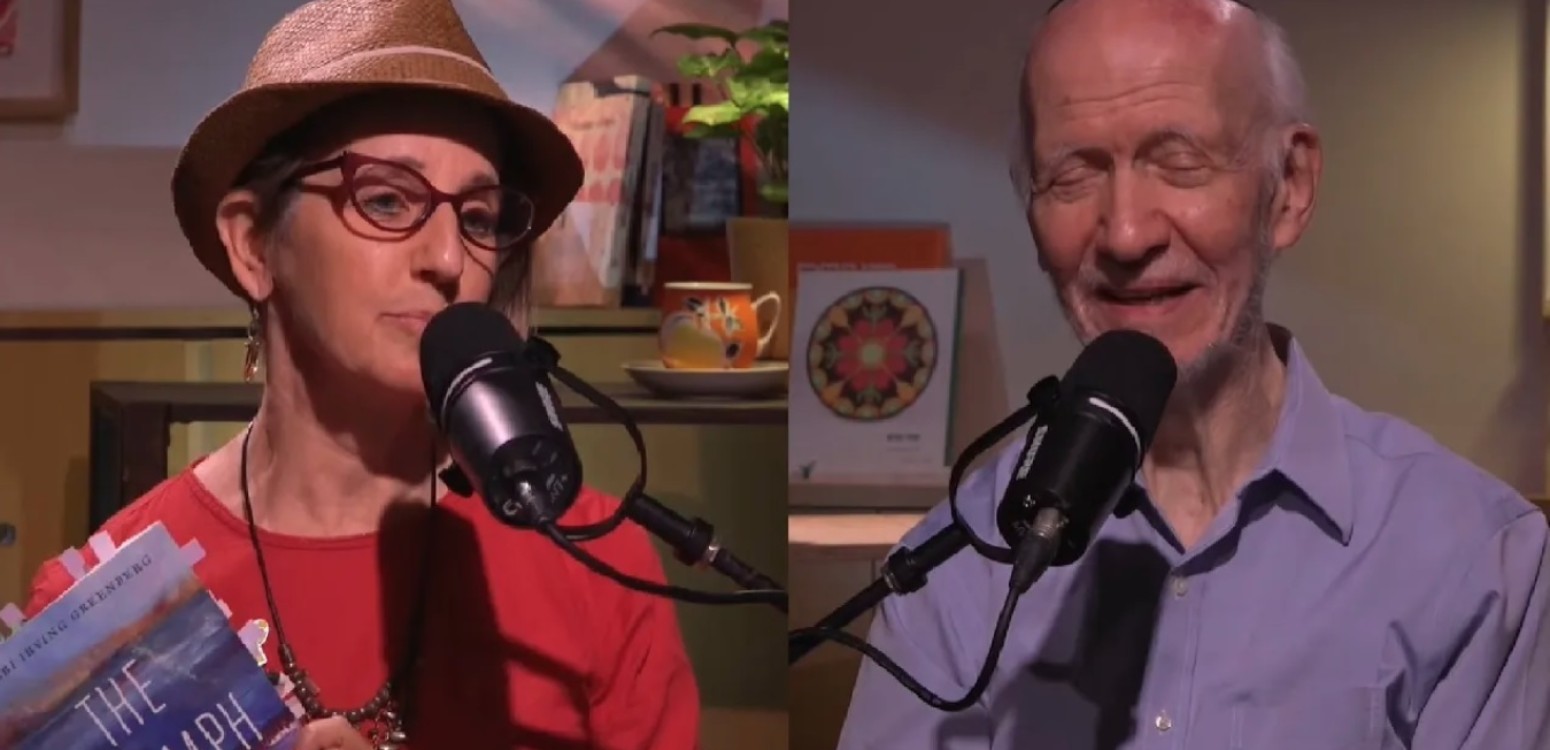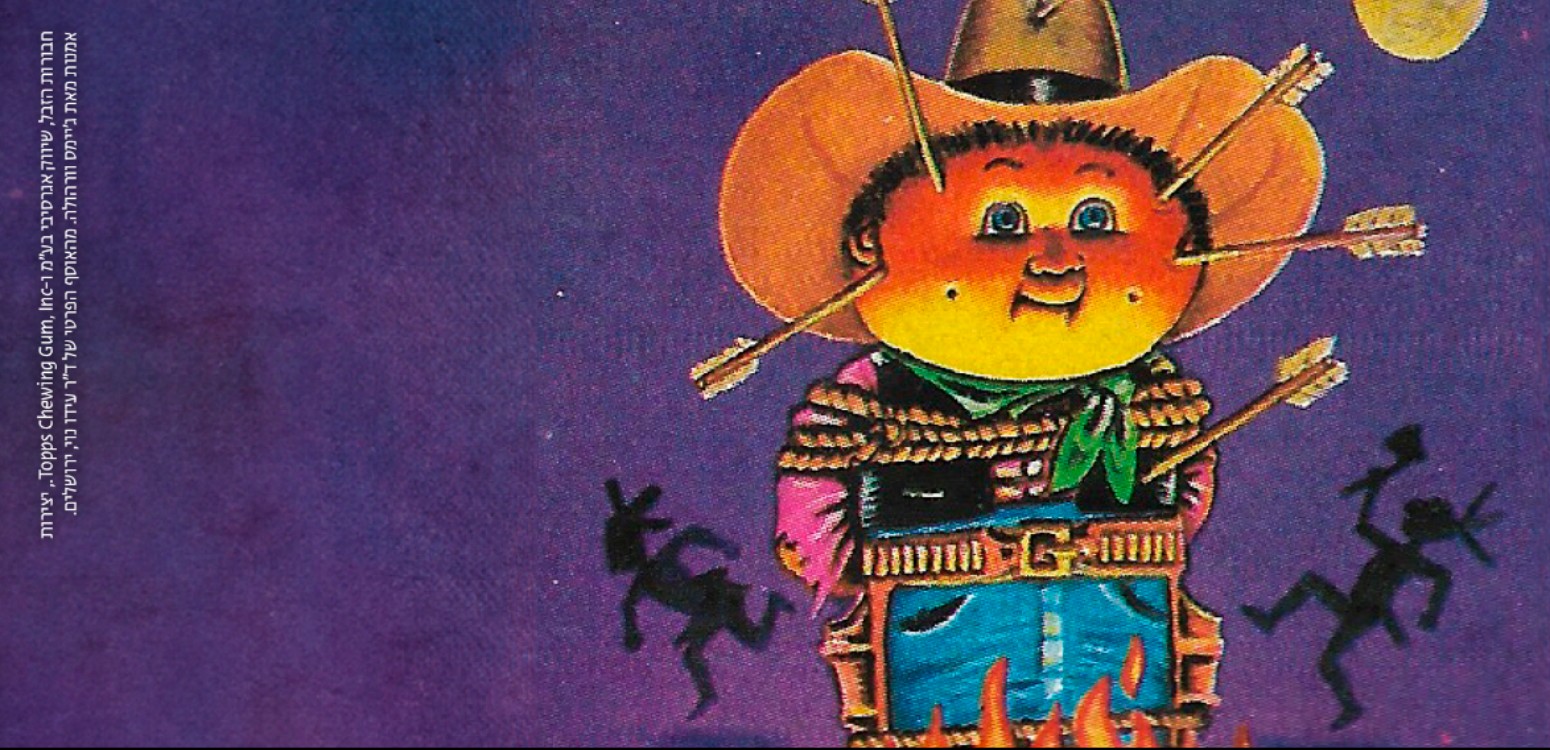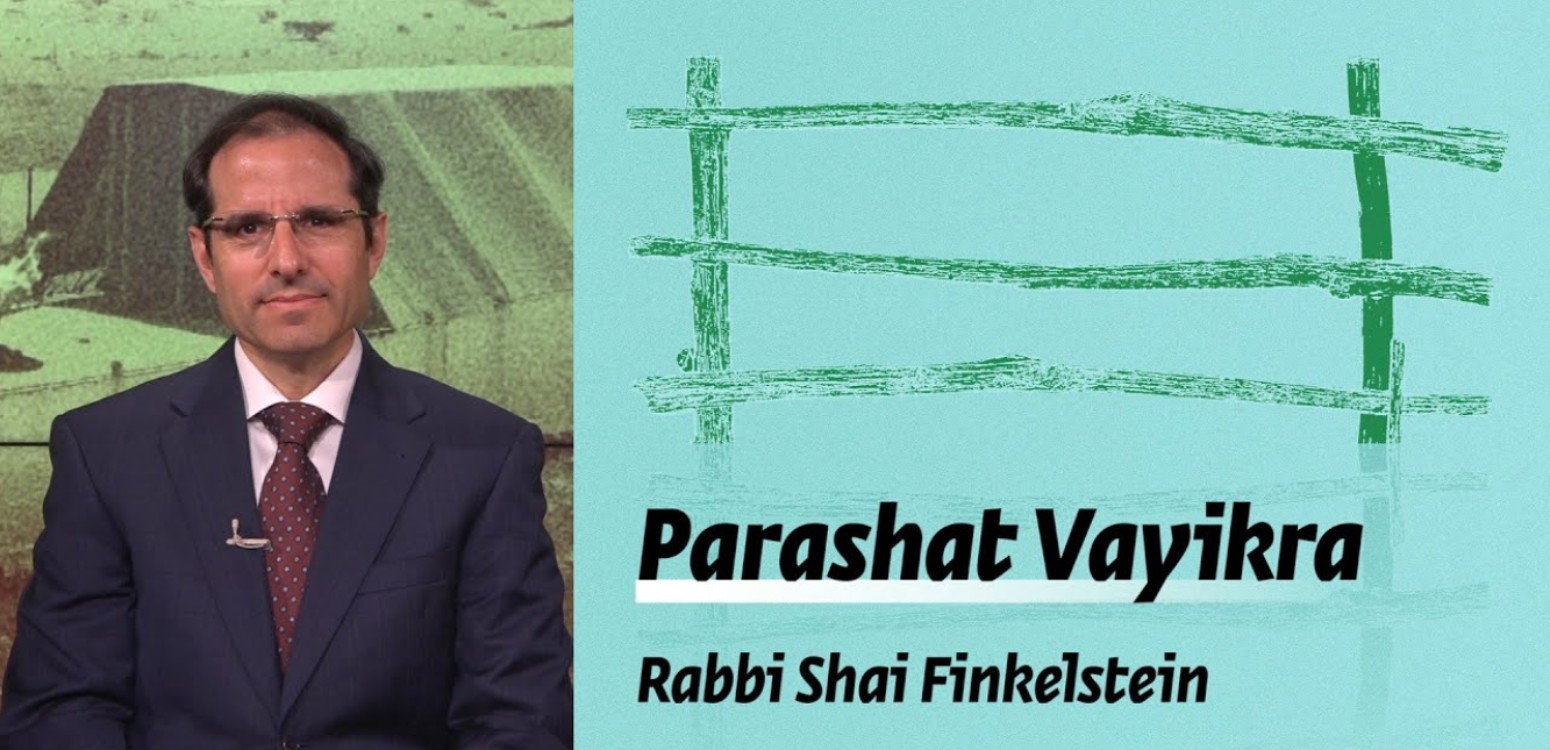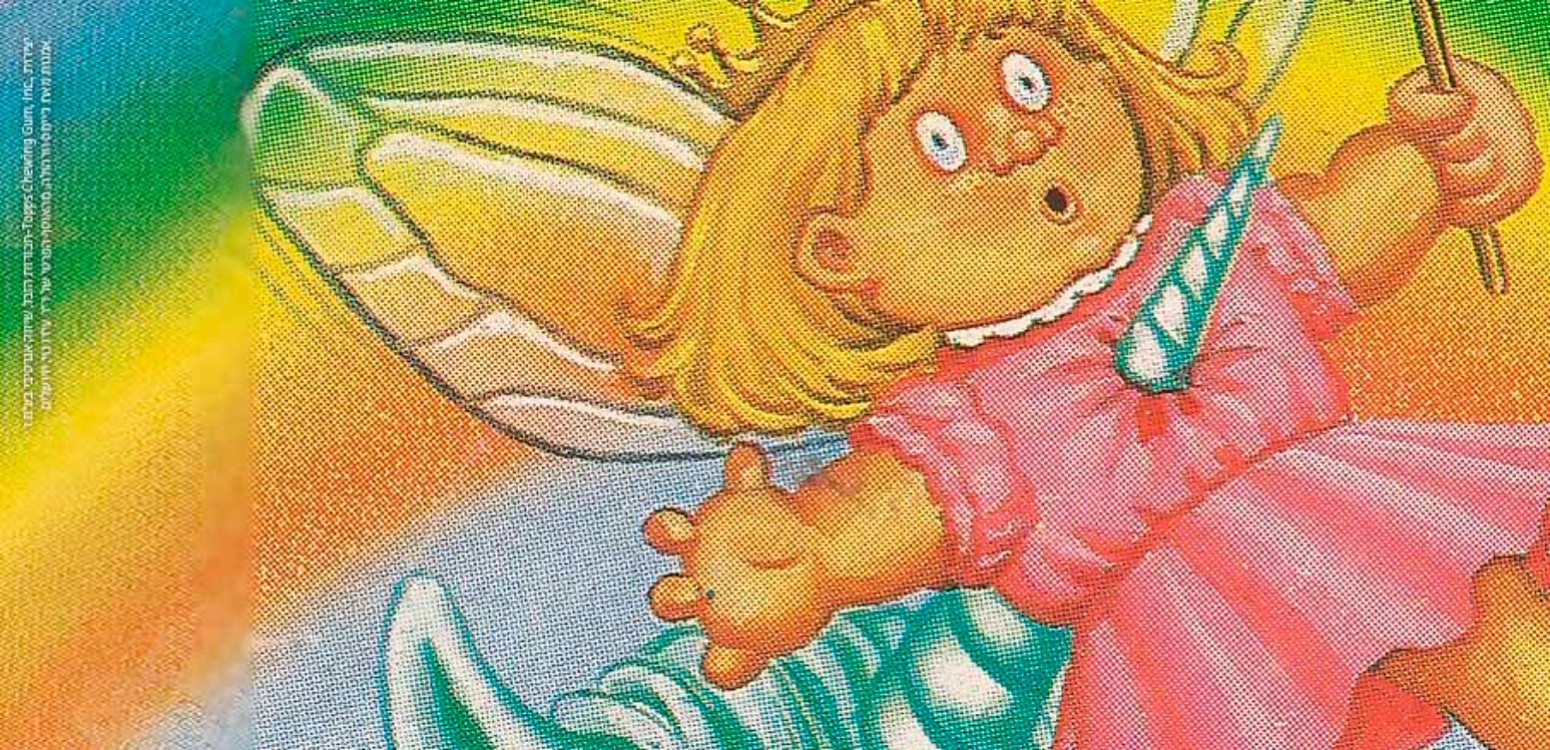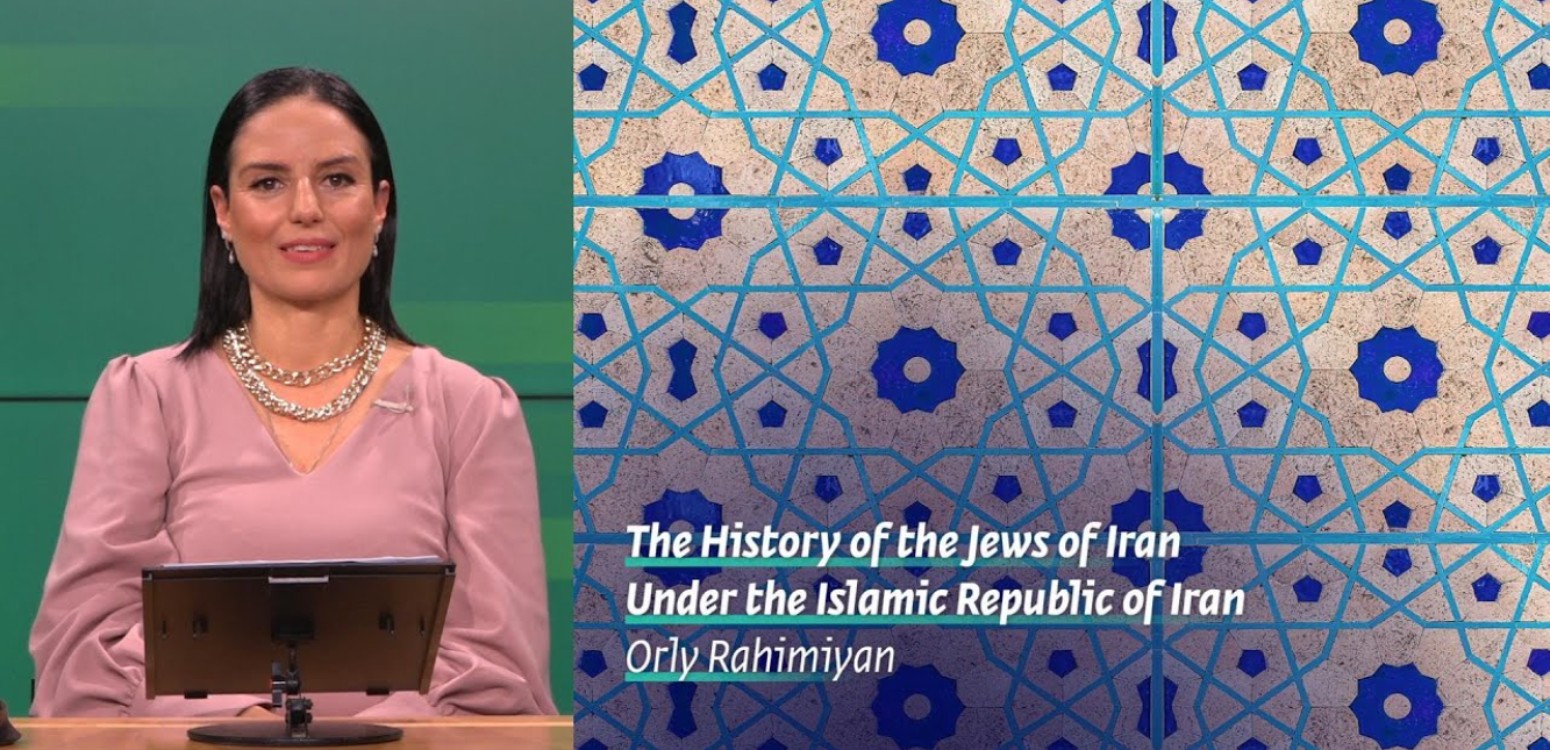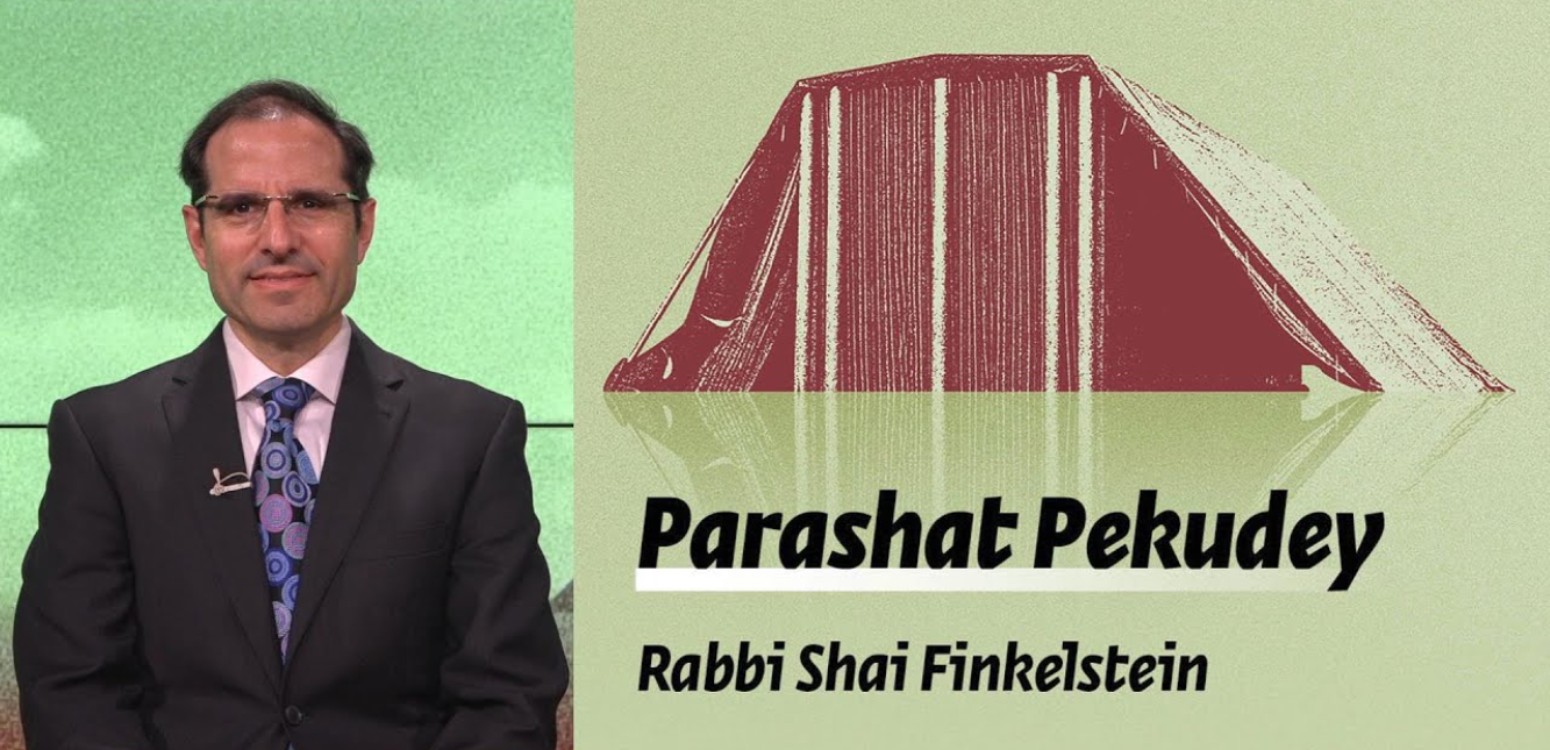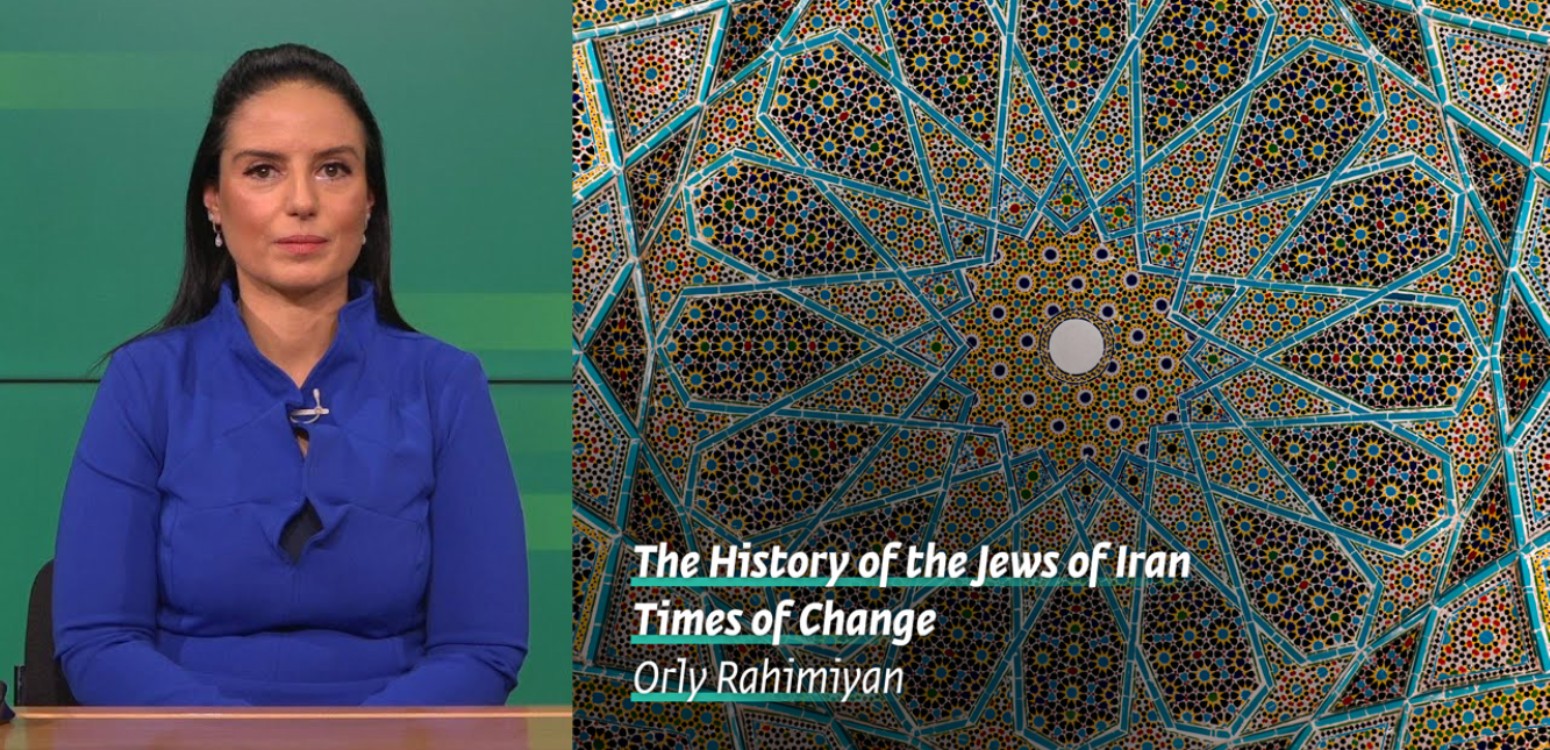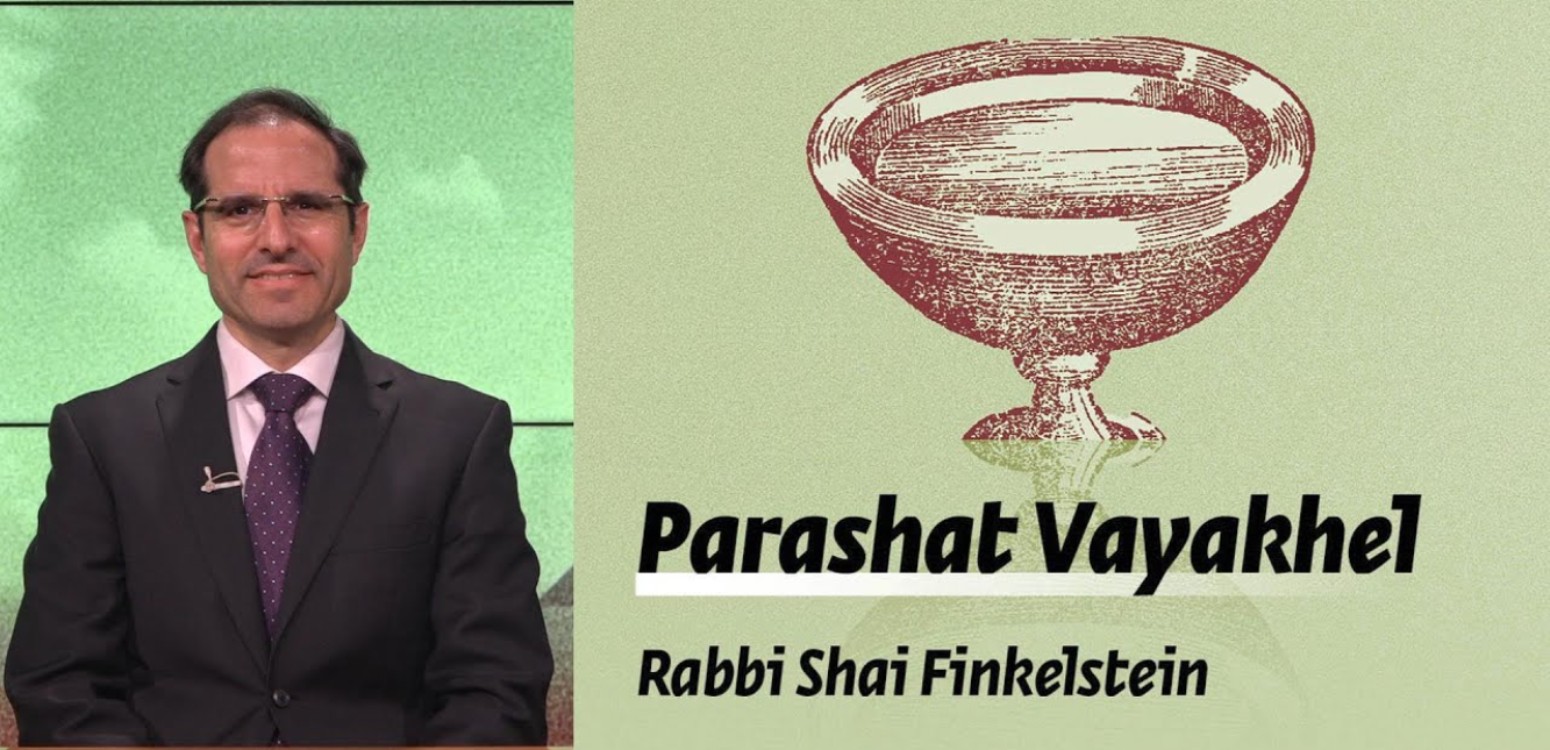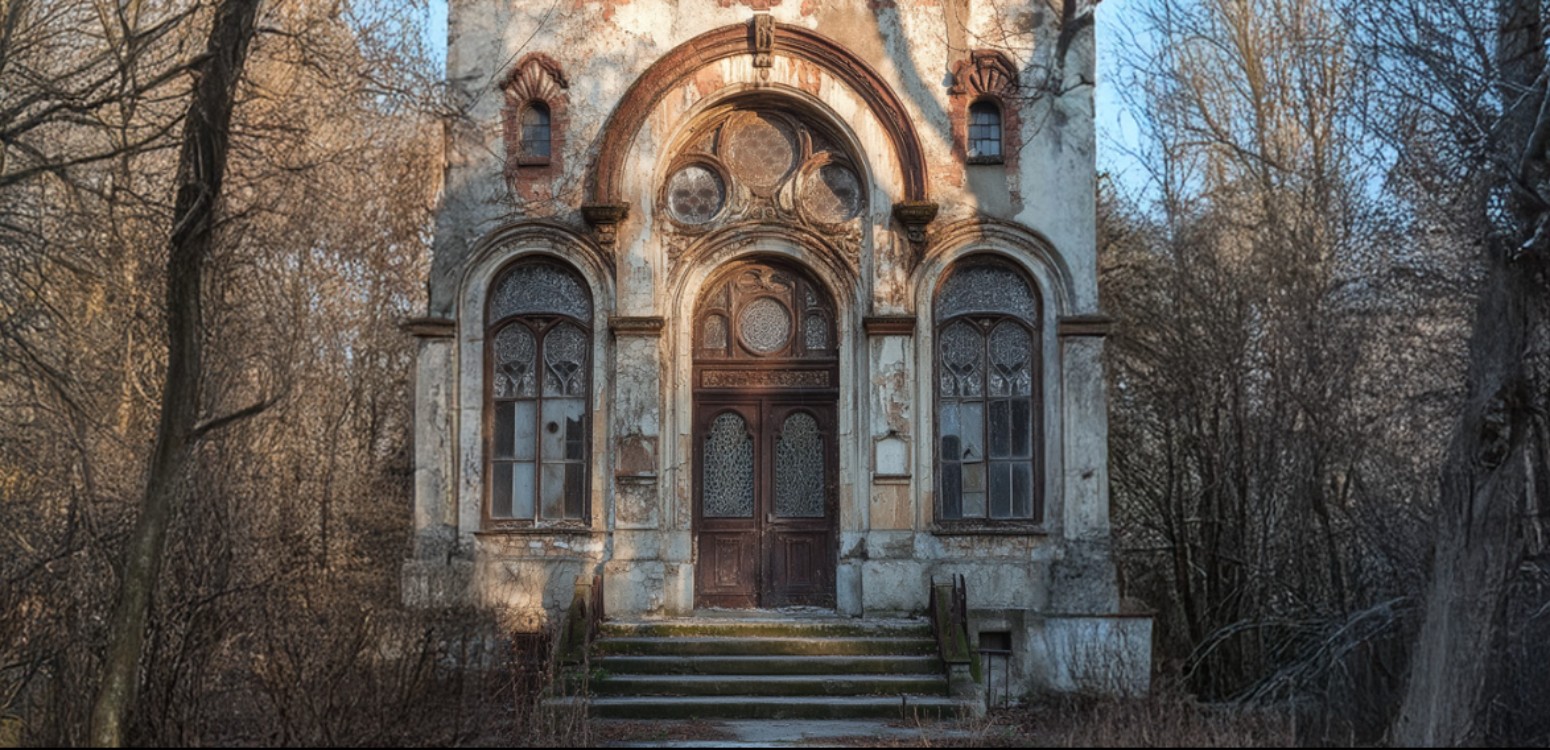This series highlights the lives of four Jewish women (three from Poland, one from Germany) who lived in the early modern period (16th-18th centuries).
Each of these women was notable in her own society and era and they retain historical importance as both exemplars and shapers of the early modern European Jewish historical experience.
Each one's story exhibits the fragility of historical female Jewish stereotypes and demonstrates there is no knowing history without understanding women's share in it.
The Jewish Cultural Capitalist
Sarah Rivkah Rahel Leah Horowitz (ca. 1710-ca. 1790) believed that Jewish women's conventional primary religious role as facilitators of their menfolk's religious fulfillment was based on a misunderstanding of both the written and oral Torah. She called for an increase in women's cultural capital. Women should attend synagogue services twice daily, study Torah in Yiddish, and revel in the active religious role outlined by the multitude of mitzvot incumbent upon them.
